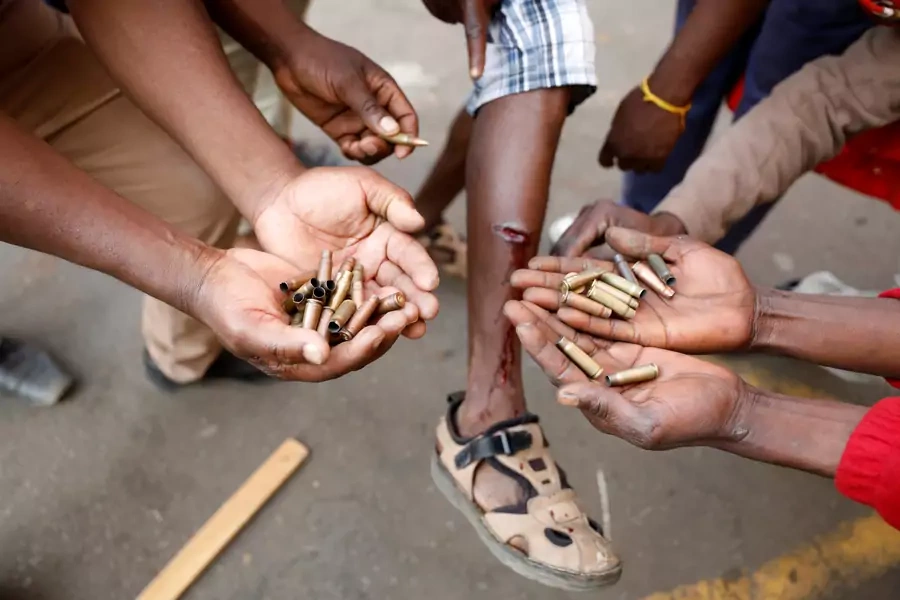Violence Mars Zimbabwe’s First Post-Mugabe Election

More on:
The people of Zimbabwe turned out in impressively large numbers—the Zimbabwe Electoral Commission reported 70 percent of voters turned out—on July 30 to choose a way forward for their country. The election, the first without Robert Mugabe on the ballot, was billed as a chance to close a painful chapter in the country's history, and bring real legitimacy, at last, to the government. It was a moment of hope.
By nightfall on August 1, Zimbabwe's military had locked down Harare, the capital city. At least three civilians had been killed by security forces on the streets, and more were badly hurt—whipped, stabbed with bayonets, and beaten. Distrust, anger, and fear have replaced the hope and pride Zimbabweans expressed as they stood in long lines to exercise their franchise.
Some of the coverage of what is happening on the ground has an equivocal flavor to it. The story seems to be about unruly, impatient protestors, a situation spinning out of control, and "unfortunate" violence. But repression has been part of this political exercise from the beginning, and only one side of the political divide in Zimbabwe can activate it. The Zimbabwean military didn't turn on unarmed protesters spontaneously or accidentally. They were given orders to do so, and sitting president and candidate Mnangagwa cannot escape accountability for this decision.
Likewise, the coalition of “securocrats” and ZANU-PF stalwarts that seized power in November of last year made a deliberate choice not to repeal repressive, unconstitutional laws like the Public Order and Security Act, or POSA, that bring a veneer of legality to brutal crack-downs on dissent. They made a choice not to clearly assure the people of Zimbabwe that their will would be respected regardless of the outcome of the vote.
Of course, all parties should act responsibly as they await the results of the presidential election, and as they raise concerns about the unlevel playing field and the mechanics of the electoral process. But it's important to remember that power—in the form of a monopoly on the instruments of violence—has been exercised on the side of the ruling party from the beginning. The violence in Harare, echoing the all-too-familiar violence the country has seen in the past, was a part of that ongoing exercise.
More on:
 Online Store
Online Store